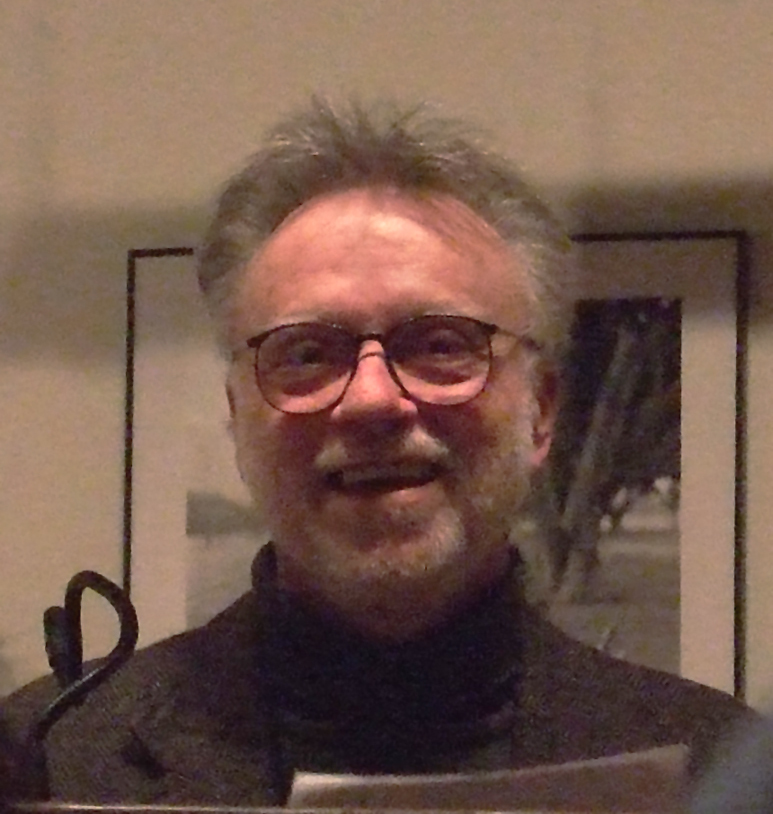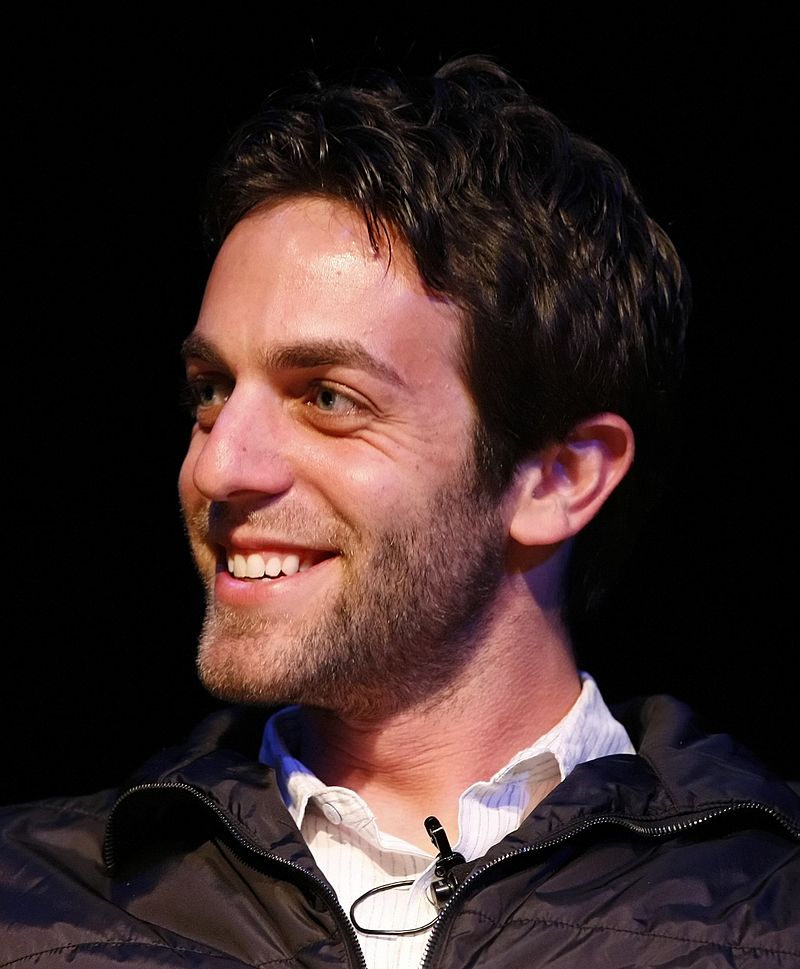 author
authorBudd Schulberg
Budd Schulberg was an American screenwriter, television producer, novelist, and sports writer. He was known for his novels What Makes Sammy Run? and The Harder They Fall, his Academy Award-winning screenplay for On the Waterfront, and his screenplay for A Face in the Crowd. Schulberg was raised in a Jewish family, the son of Hollywood film producer B. P. Schulberg and Adeline (née Jaffe) Schulberg, who founded a talent agency taken over by her brother, agent/film producer Sam Jaffe.
In 1931, when Schulberg was 17, his father left the family to live with actress Sylvia Sidney. His parents divorced in 1933. Schulberg attended Deerfield Academy and then went on to Dartmouth College, where he was actively involved in the Dartmouth Jack-O-Lantern humor magazine and was a Pi Lambda Phi fraternity member. In 1939, he collaborated on the screenplay for Winter Carnival, a light comedy set at Dartmouth. One of his collaborators was F. Scott Fitzgerald, who was fired because of his alcoholic binge during a visit with Schulberg to Dartmouth.
Dartmouth College awarded Schulberg an honorary degree in 1960. While serving in the Navy during World War II, Schulberg was assigned to the Office of Strategic Services (OSS), working with John Ford's documentary unit. Following VE Day, he reportedly witnessed the liberation of Nazi concentration camps. He was involved in gathering evidence against war criminals for the Nuremberg Trials, an assignment that included arresting propaganda filmmaker Leni Riefenstahl at her chalet in Kitzbühel, Austria, ostensibly to have her identify the faces of Nazi war criminals in German film footage captured by the Allied troops.
Riefenstahl claimed she was not aware of the nature of the concentration camps. According to Schulberg, "She gave me the usual song and dance. She said: 'Of course, you know, I'm really so misunderstood. I'm not political. Being the son of a successful Hollywood producer gave Schulberg an insider's viewpoint on the true happenings of Hollywood, which was reflected in much of his writing.
His 1941 novel What Makes Sammy Run? allowed the public to see the harshness of Hollywood stardom via Sammy Glick's rise to power in a major Hollywood film studio. Some criticized this novel as being self-directed anti-semitism. Then a member of the Communist Party USA, Schulberg, quit in protest after high-ranking Party member John Howard Lawson ordered him to make changes to the novel.
In 1950, Schulberg published The Disenchanted, about a young screenwriter who collaborates on a screenplay about a college winter festival with a famous novelist at the nadir of his career. The novelist (who was then assumed by reviewers to be a thinly disguised portrait of Fitzgerald, who had died 10 years earlier) is portrayed as a tragic, flawed figure with whom the young screenwriter becomes disillusioned.
The novel was the tenth bestselling novel in the United States in 1950. It was adapted as a Broadway play in 1958, starring Jason Robards (who won a Tony Award for his performance) and George Grizzard as the character loosely based on Schulberg. In 1958, Schulberg wrote and co-produced (with his younger brother Stuart) the film Wind Across the Everglades, directed by Nicholas Ray.
Schulberg wrote the 1957 film A Face in the Crowd. Based on the short story "Your Arkansas Traveler" in his book Some Faces in the Crowd, the film starred newcomer Andy Griffith as an obscure country singer who rises to fame and becomes extraordinarily manipulative to preserve his success and power.
Schulberg encountered political controversy in 1951 when screenwriter Richard Collins, testifying to the House Un-American Activities Committee (HUAC), named Schulberg as a former member of the Communist Party. Schulberg, still resentful of the influence Communist officials tried to exert over his fiction, testified as a friendly witness and explained how Communist Party members had sought to influence the content of What Makes Sammy Run? and "named names" of other Hollywood communists.
Schulberg was also a sports writer and former chief boxing correspondent for Sports Illustrated. He wrote some well-received books on boxing, including Sparring with Hemingway. He was inducted into the International Boxing Hall of Fame in 2002 to recognize his contributions to the sport. In 1965, after a devastating riot had ripped apart the fabric of the Watts section of Los Angeles, Schulberg formed the Watts Writers Workshop in an attempt to ease frustrations and bring artistic training to the economically impoverished district.
In 1982, Schulberg wrote Moving Pictures: Memoirs of a Hollywood Prince, an autobiography covering his youth in Hollywood growing up in the 1920s and 1930s among the famous motion picture actors and producers as the son of B. P. Schulberg, head of Paramount Studios.
Best author’s book






















